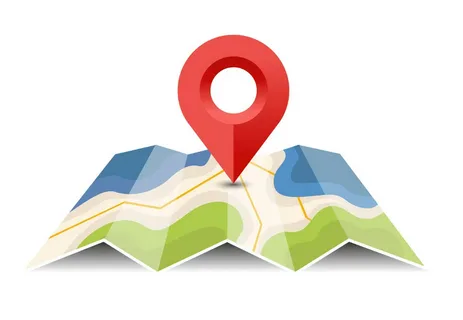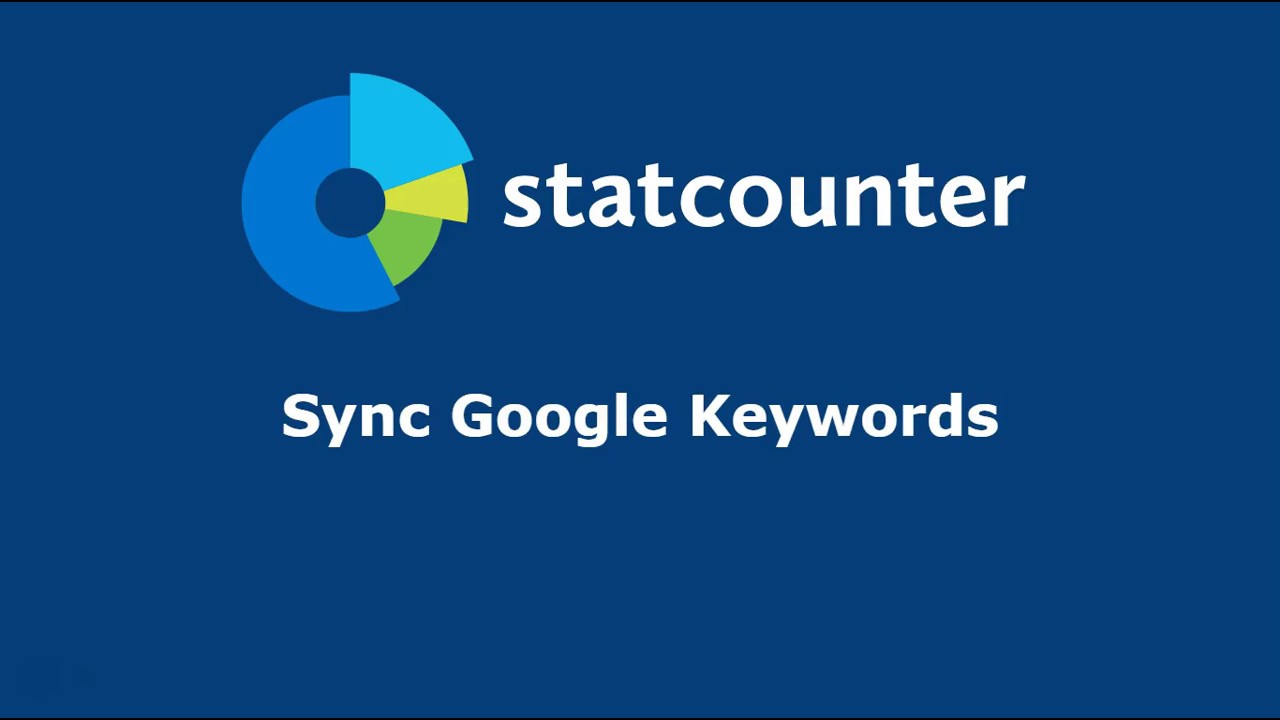Location Matters: Why Proxy Geography Impacts Data Scraping Accuracy and Efficiency
varsha May 27, 2025 0 COMMENTS
In the world of data scraping, precision is everything. Whether you’re tracking real-time product prices, monitoring localized SEO rankings, or aggregating user reviews across global platforms, even the smallest inconsistency can skew insights. One often overlooked—but critical—factor in scraping accuracy is proxy location.
Table of Contents
Why Proxy Location Isn’t Just a Checkbox
Many scrapers default to generic proxy rotation without thinking much about geography. But this can backfire when websites serve region-specific content, alter currency or language displays, or implement localized content delivery networks (CDNs). Scraping U.S. content using an IP address from Eastern Europe? You might not even be seeing the same website as a local user.
A study by Data Center Frontier found that over 42% of enterprise-level scrapers failed to retrieve consistent results when proxy location was mismatched with the target region. This isn’t just a technical error—it’s a business risk. Marketing teams, product managers, and analysts rely on clean data to make high-stakes decisions.
Real Examples of Region-Sensitive Content
Let’s take a look at how prominent platforms personalize content by IP:
- Amazon displays different product prices, availability, and even review counts depending on your IP region.
- Google SERPs dynamically shift based on geo-IP, with changes in search snippets, ads, and local results.
- E-commerce platforms like Zalando or Otto group enforce country-level catalog segmentation that’s nearly impossible to bypass without a proxy located in the correct country.
In cases like these, using german proxies becomes essential when scraping websites tailored to German users or German-language markets. Not only does this improve data accuracy, but it also helps avoid tripping over IP bans due to suspicious international traffic. You can explore high-quality options for german proxies that are built for localized scraping at scale.
The Latency vs. Legibility Tradeoff
Using a proxy closer to your server might seem faster—but if it’s far from the target content’s origin, it may lead to:
- Higher CAPTCHA frequency
- Increased bounce rates or incomplete HTML loads
- Unexpected language switches or redirects
A benchmark conducted by Bright Data showed that scraping latency increased by 27% when using non-local proxies, but more importantly, data legibility (defined as valid, parseable HTML structure with expected language and formatting) dropped by nearly 18%.
That’s a significant loss—especially for high-volume scrapers pulling in gigabytes of content daily.
How to Choose the Right Proxy Location for Your Use Case
Here’s a quick breakdown of when proxy geography becomes critical:
| Use Case | Localized Proxy Needed? | Reason |
| SEO Rank Tracking | ✅ Yes | SERPs differ across countries and even cities |
| Price Monitoring (Retail) | ✅ Yes | Dynamic pricing and availability are region-specific |
| General News Aggregation | ❌ Not Always | Content typically uniform across regions |
| Ad Intelligence | ✅ Yes | Ads are geotargeted based on IP location |
| Social Media Scraping | ✅ Yes | Regional trends, languages, and post visibility differ by user locale |
The takeaway? Always match the proxy location to the location of the content you want to see. It’s not just about accessing the data—it’s about accessing the right data.
Don’t Just Rotate—Localize
Modern anti-bot systems are more advanced than ever. Randomizing headers and user agents is no longer enough. Without geographic alignment, your scraping stack is incomplete.
Localized proxies help you blend in. A bot hitting a German website from a german proxy with the correct time zone, language preference, and ISP behavior is significantly less likely to be flagged than one scraping from afar.
This becomes even more vital when compliance and ethics are at stake. Some countries regulate how user data can be scraped and stored, and using a local proxy helps you respect jurisdictional boundaries.
Final Thoughts
The next time your scraping output looks off or inconsistent, don’t immediately blame your parser or headers. Take a look at where your requests are coming from. Proxy geography might be the silent culprit—and correcting it could be the simplest optimization you make all year.
For projects targeting the DACH region, consider implementing reliable german proxies into your scraping pipeline. It’s a small switch that can yield disproportionately accurate results.
RELATED ARTICLES
Latest Articles
 People Over Papers: Protecting Immigrant…In General
People Over Papers: Protecting Immigrant…In General Budget Vs. Quality: Comparing Pre-school…In Business
Budget Vs. Quality: Comparing Pre-school…In Business Instagram IP Address Blocked: How Long I…In Technology
Instagram IP Address Blocked: How Long I…In Technology Fast, compliant global background screen…In Tech Startups
Fast, compliant global background screen…In Tech Startups Balancing Investment and Protection with…In Insurance
Balancing Investment and Protection with…In Insurance Japan Tour Packages for Travellers Who W…In Tips
Japan Tour Packages for Travellers Who W…In Tips Getting What You Need: Align Your Action…In General
Getting What You Need: Align Your Action…In General Preventing Dust Damage With Proper Lapto…In Gadgets
Preventing Dust Damage With Proper Lapto…In Gadgets



